What Is 0x1 and 1x1 Mean in Beef Industry
What is No-Roll Beef?
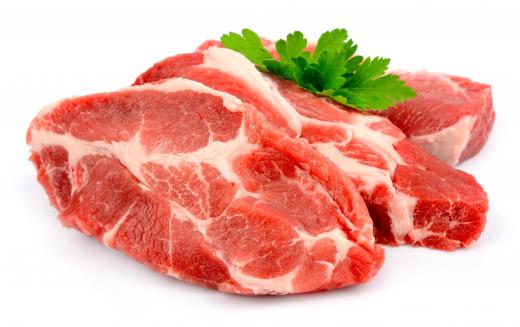
In the United States, all beef that is sold must pass a safety inspection by the US Department of Agriculture (USDA). You may have noticed that many types of beef are sold by grade: select, choice or prime. Of these, select is considered of the least quality with less fat marbling. It may generally be tougher and is best suited to barbecuing, thin slicing, and usually best served after marinating. Prime is the highest quality of beef, exhibiting the most fat and promising the greatest flavor and tenderness.
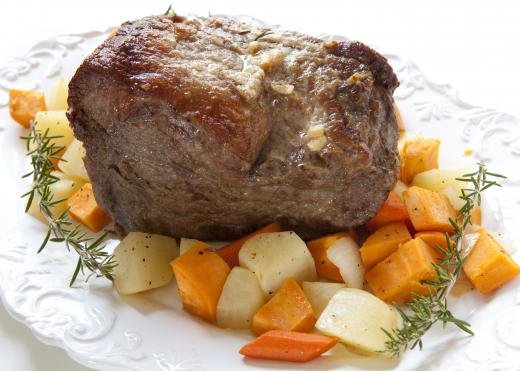
Having meat graded is optional and costs extra money. Graded meat is stamped on the outside "fat" of the cut with a rolled stamp. Obviously you won't see this stamp when you purchase hamburger, but you might notice it when you purchase a roast. When beef is not of a superior grade, at least USDA choice, butchers or beef growers may choose not to have it stamped. This is called no-roll beef.
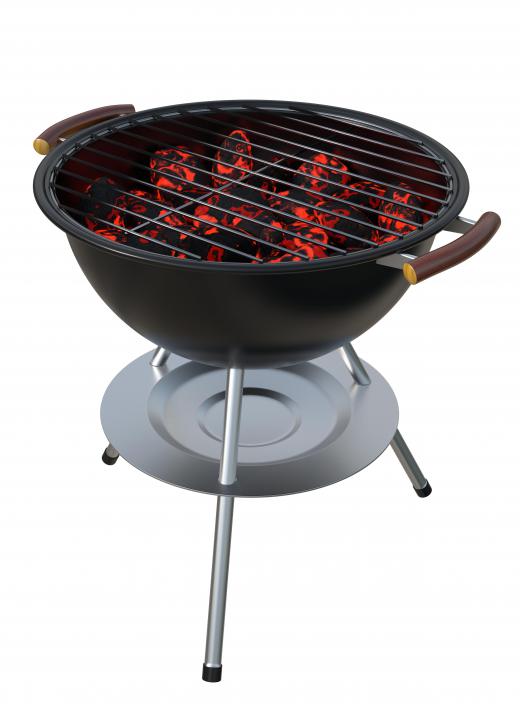
Most no-roll beef would probably be graded select and it's therefore often the cheapest you can find. Occasionally you'll find a no-roll beef selection that is a little darker in color and has more marbling. It's possible this no-roll beef would actually have been graded as choice. You will virtually never find beef without a stamp that would have been graded as prime, because prime beef fetches such high prices. It's an advantage to beef growers to pay the extra money for the stamp because they can then charge more for their meat.
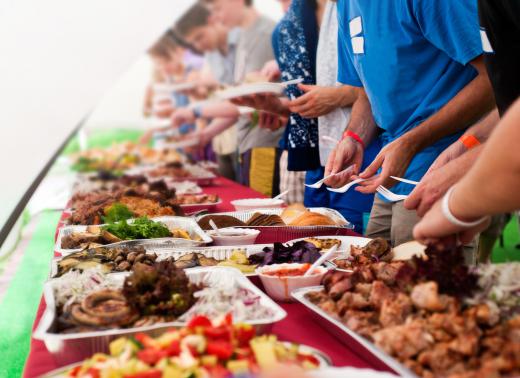
It should be noted that no-roll beef, which can come in the form of ribs, steaks, roasts, and hamburgers, has been inspected for safety. It just hasn't undergone grading. As a cook, if you want to save money, you can be safely assured that barring unforeseen problems, the meat is safe to use. Every now and again, even graded meat is later found to have been produced in a contaminated environment. Keep an eye on your local paper for any food recalls that may affect any of the foods you buy.
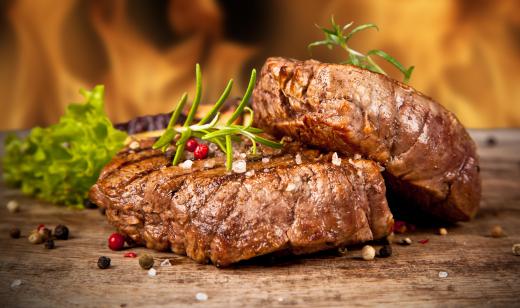
This may be particularly important with no-roll beef because typically you'll want to prepare select grades more rare. If you like your beef well done, no-roll selections may not be a good choice, since cooking the beef longer translates to much tougher beef. Alternately, marinating the meat for at least 12 hours before cooking, especially with an acidic marinade, can help break down some of the toughness and produce a tenderer end product.
If you do buy no-roll hamburger, or hamburger of any grade, you do want to prepare this beef fully cooked. You can serve any unground beef rare, but hamburger or ground beef means greater chance of contamination with E. coli. It should always be cooked until no pink color remains and the juices run clear. Making thin hamburger patties with no-roll beef will help cut down on any toughness. Moreover, the grinding process tends to act as a natural tenderizer.

Source: https://www.delightedcooking.com/what-is-no-roll-beef.htm
0 Response to "What Is 0x1 and 1x1 Mean in Beef Industry"
Post a Comment